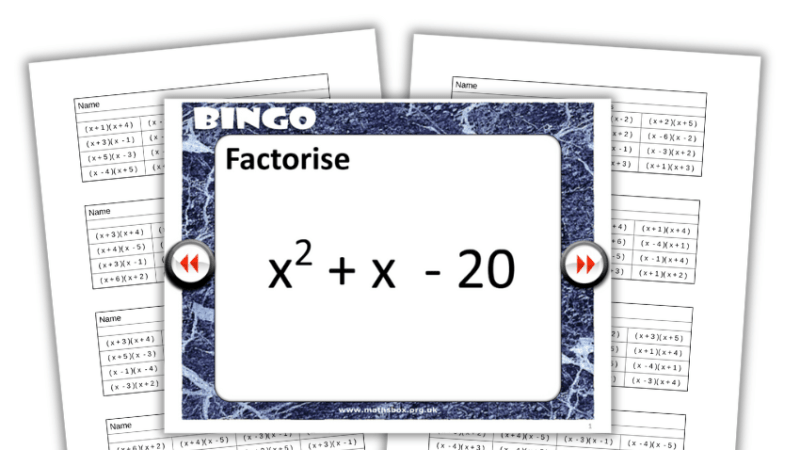FAIR framework – Keep students on task

Gloria Dalafu explains how the FAIR framework can tackle the difficult challenges presented by disruptive pupils

Imagine walking into a classroom full of students all sitting silently with their books and pens on the table.
As the lesson gets underway, several hands rise whenever you ask a question. The students are enthusiastic and eager to learn. They seem genuinely interested.
In this fantasy world, teachers are also paid in gold coins, have no need to work at home, and never have to deal with students challenging their authority.
Minimal training
Good behaviour management skills are crucial for keeping students focused on learning. And yet, my own PGCE provided minimal training for this critical area of practice.
Like most teachers, I experienced a period of stress early in my career that prompted me to plot an escape from teaching. My initial enthusiasm for the job had faded fast. This was as a direct result of disruptive behaviours I was struggling to manage.
What prevented me from quitting was the realisation that most students want to learn. Disruptive students constitute a tiny minority, yet it takes just one disruptive student to completely derail an entire lesson. Recognising this made me determined to develop the skills necessary to deal with such students appropriately.
The FAIR framework
The breakthrough came for me when I discovered the Functional hypothesis, Accommodation, Interaction and Response (FAIR) framework developed by Harvard professors N. Rappaport and J. Minahan (2012).
What makes the FAIR framework unique is the way it draws on both clinical research and best practice. It shows teachers how to effectively manage disruptive students.
Functional hypothesis
To take each in turn, the Functional hypothesis posits that every behaviour displayed by a student is communicating something to you, the teacher. And that it’s your responsibility to decode those implicit messages.
I’ve observed this in my own practice by listening carefully to students, actively attempting to understand their requirements and then offering support that addresses those specific needs.
If, for example, a student is struggling to complete a task within the allotted time, it could either mean that:
- the task is too challenging for them to complete
- they didn’t understand the explanation provided
In any case, the first step would be to talk to the student (rather than assume they’re simply refusing to complete the task) before then offering support based on what the student tells you.
Accommodation
Accommodation is an approach that seeks to counter disruptive behaviour by planning responses in advance. This requires teachers to structure the learning environment to take into account what they know of students’ individual habits, traits and characteristics.
If, say, a student lacks the ability to concentrate for sustained periods, one way of preventing subsequent disruption would be to break down lessons into 15-minute chunks with brief rests in between.
Interaction
Interaction strategies are intended to build relationships between teachers and students. Even something as simple as acknowledging students’ birthdays can build an important sense of connection.
As noted by Patterson (2009), greeting students when they arrive at start of the lesson can reduce the likelihood of disruptions later on.
Response
Finally in the FAIR framework, a Response strategy recognises that while students and teachers are responsible for their own behaviour, students are in school to learn. This makes it your responsibility, as their teacher, to pass on strategies they can use for self-regulating their behaviour.
Key to this is understanding that a student’s disruptive behaviour might not be happening out of spite, but rather ignorance of how to respond to an unfamiliar situation.
Like any skill, honing your behaviour management techniques takes time and practice. But once you’ve mastered it, your experience of teaching will become far more enjoyable.
Gloria Dalafu is a lead practitioner in maths, overseeing teaching and learning, teacher with 17 years’ experience










